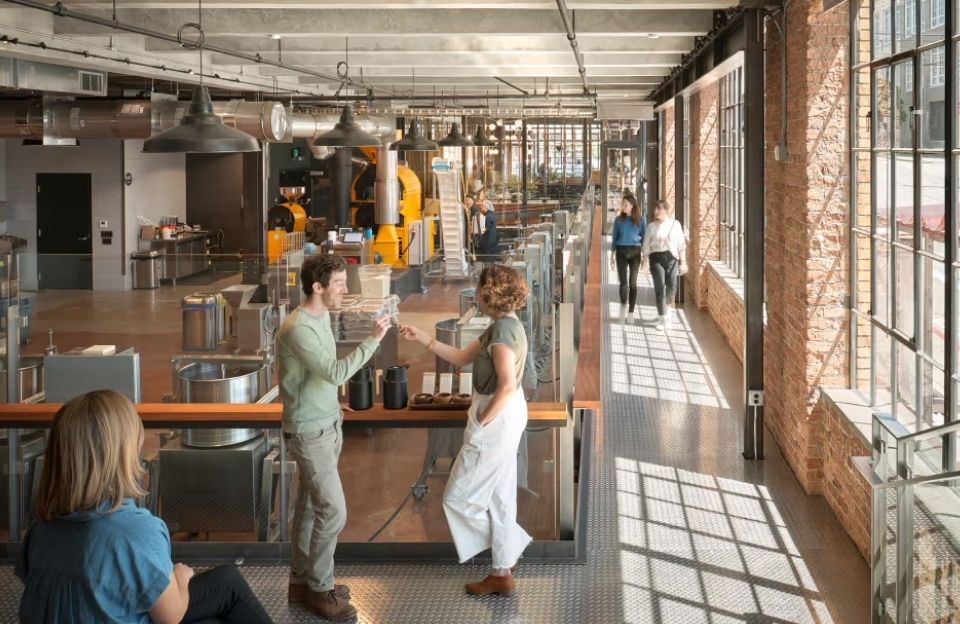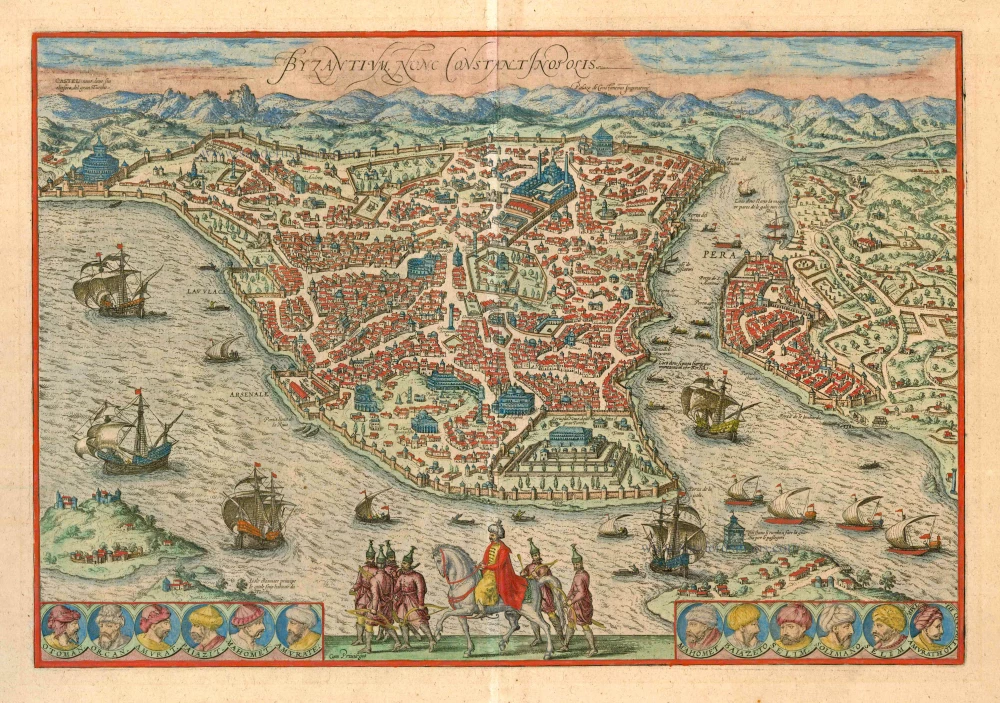Table of Contents
The Fascinating History of Coffee
Ah, coffee—the delightful elixir that kickstarts our mornings and keeps us going throughout the day. Have you ever wondered about the origins of this beloved brew? In this article, we dive into the rich history of coffee, tracing its journey from the lush highlands of Ethiopia to the bustling cafes around the world. Get ready to savor the aroma of coffee origin as we take you on an enlightening and stimulating journey.
“I never laugh until I’ve had my coffee.” – Clark Gable
A Gift from Ethiopia’s Highlands
The history of coffee dates back centuries, and it all began in the ancient lands of Ethiopia. According to a charming legend, a goat herder named Kaldi discovered coffee by chance. While tending his flock in the Ethiopian highlands, Kaldi noticed his goats prancing with unusual energy after nibbling on red berries from a certain tree. Curiosity piqued, Kaldi tried the berries himself and experienced newfound vitality. These berries were none other than coffee cherries, which would go on to shape the world’s love affair with coffee.
The Arrival of Coffee in Arabia
The enchanting aroma and stimulating effects of coffee soon captivated the people of Ethiopia, and its popularity began to spread. By the 15th century, coffee had found its way to the Arabian Peninsula, specifically in Yemen. In Yemeni monasteries, coffee beans were roasted and brewed, creating the world’s first coffeehouses known as “qahveh khaneh,” where people gathered to indulge in this newfound delight.
Coffee’s Journey to Constantinople
It wasn’t long before the invigorating aroma of coffee wafted through the streets of Venice, Italy, where the first European coffeehouse, “Bottega del Caffè,” opened its doors in 1645. Coffee rapidly gained popularity, spreading like wildfire to major European cities. These coffeehouses became instrumental in shaping European culture, acting as meeting places for artists, writers, philosophers, and traders.
European Encounter: Coffeehouses in the West
It wasn’t long before the invigorating aroma of coffee wafted through the streets of Venice, Italy, where the first European coffeehouse, “Bottega del Caffè,” opened its doors in 1645. Coffee rapidly gained popularity, spreading like wildfire to major European cities. These coffeehouses became instrumental in shaping European culture, acting as meeting places for artists, writers, philosophers, and traders.
The Advent of Coffee Plantations
As coffee’s popularity soared, the demand for this exotic elixir surged. This led to the establishment of coffee plantations in various regions with suitable climates, such as Java, Brazil, and the Caribbean. The booming coffee trade gave birth to a global coffee culture, and coffee became a prominent commodity in international trade.
Coffeehouses in the Age of Enlightenment
During the Age of Enlightenment, coffeehouses became hubs of intellectual exchange and debate. The likes of Voltaire, Rousseau, and Benjamin Franklin frequented these establishments, engaging in profound conversations that shaped the course of history. Coffeehouses became the breeding grounds for revolutionary ideas that would impact societies for generations to come.
The Coffee Renaissance: Specialty Coffee
Fast forward to the 21st century, and coffee experienced a renaissance of sorts—the rise of specialty coffee. Coffee enthusiasts, known as “coffee aficionados,” began to appreciate the nuances of coffee origin, flavor profiles, and brewing methods. This movement sparked a demand for ethically sourced, single-origin beans, and artisanal brewing techniques.
Coffee: A Cultural Icon
Coffee has transcended its role as a mere beverage; it has become a cultural icon. From the traditional coffee ceremonies of Ethiopia to the vibrant coffee culture in Italy, each region has its unique way of cherishing this dark elixir. Coffee has woven itself into the fabric of various societies, symbolizing hospitality, friendship, and community.
Coffee in the Modern World
In the contemporary world, coffee has reached unprecedented heights. From the rise of specialty coffee shops in hip neighborhoods to the convenience of instant coffee, it caters to a diverse audience with varying tastes and preferences. Coffee has become a global language, connecting people across borders and cultures.













